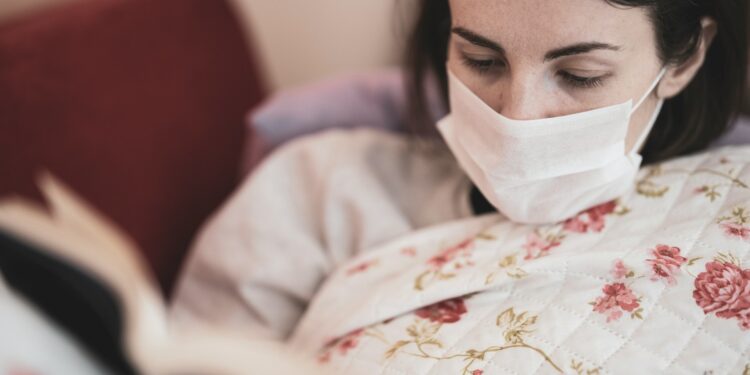It’s a tragic milestone.
A person in Louisiana has become the first confirmed death from bird flu in the United States, according to state health officials. The individual, over 65 years old and with underlying health conditions, was hospitalized with severe respiratory symptoms after exposure to sick or dead birds in a backyard flock. Genetic analysis indicated that the virus may have mutated inside the patient, contributing to the severity of the illness. The Centers for Disease Control and Prevention (CDC) confirmed the death, marking it as the first in the country related to bird flu.
This fatality was not entirely unexpected, as there have been more than 950 reported cases of bird flu worldwide since 2003, resulting in over 460 deaths, according to the World Health Organization. In the U.S., 66 confirmed cases of bird flu had been reported since March, mostly among farmworkers who had been exposed to sick poultry or dairy cows. While these cases were generally mild, health experts have warned that future infections could be more severe.
Jennifer Nuzzo, director of the Pandemic Center at Brown University, stated that this death serves as a tragic reminder of the virus’s potential danger. Researchers are still studying the current strain of the virus to understand its impact and why it may affect some people more severely than others. Nuzzo emphasized that the virus has historically been a deadly threat and cautioned that mild cases do not guarantee that future infections will be mild as well.
The CDC noted that there are currently no significant changes in the virus spreading among wild birds, poultry, or cows, which would raise the risk to human health. Louisiana health officials confirmed that the infection was linked to the individual’s exposure to backyard birds, marking the first U.S. case of bird flu associated with this source. However, they also stated that there is no evidence of human-to-human transmission, and no other cases have been reported in the state.
With the H5N1 bird flu spreading among wildlife and livestock, officials continue to urge those who handle sick or dead birds to take proper precautions, including wearing respiratory protection, gloves, and eye protection. The growing presence of the virus in the environment increases the likelihood of human exposure, making it essential for people who interact with poultry to follow these safety measures.

































Discussion about this post